This post is also available in: Español (Spanish) Kreyòl (Haitian Creole)
In Fall 2020, Village East Elementary School in Colorado’s Cherry Creek Public Schools, planned for its children to return to school in person. Principal Mia Robinson sensed that her students – 90% of whom are children of color – wouldn’t be in the same shape as before the summer break.
“In order for us to be successful as educators, we need to turn to our students’ first teachers – their parents.”
– Mia Robinson, elementary school principal, Aurora, Colorado
“We are all living through the pandemic of COVID and the pandemic of racism,” Robinson observes, “I knew we needed to start school differently.”
In addition to isolation and losing loved ones to the COVID-19 virus, many students engaged in their first protests during the summer of 2020. Kids joined their parents in standing up for the life of local Black teen, Elijah McClain, and his grief-stricken family. McClain’s life was cut short during a fatal interaction with police, who detained him as he walked home from a convenience store, though he’d committed no crime.
Robinson turned to RISE-Colorado, a WKKF grantee, to rethink how to welcome students – forever changed – back to the building. RISE convened parents, teachers and students to design the re-entry program, prioritizing social and emotional health. When school re-opened, students strengthened their relationships and processed together.
The experience was captured in an essay presented by a fifth grader at the end-of-year graduation:
(This year was) a very big roller coaster. We’re out of fifth grade going into this dark world where there’s no light to come, where life feels broken down. I’ll never forget this year where we are all in this roller coaster together.
But this is a new chapter in all our lives to make this world a better place. We empower ourselves to be the talented, beautiful and smart people we are. Thank you for being the best human beings in the world.
Seeing her school community come together during a strenuous year gave Robinson hope. “Our families are a stunning example of a multiracial, multiethnic group that coincides in harmony. They’re here for the common love for their children.”
Global communities in the heart of Colorado
Cherry Creek and Aurora Public Schools are neighboring districts in the Aurora, Colorado area.
“Aurora is a crash course in global citizenship. It is what we’re going to become nationally,” says Elizabeth Casillas, a parent leader and the Latinx community organizer at RISE.
Families attending Aurora Public Schools come from over 130 countries and speak approximately 160 languages. RISE supports families from Black, Latinx, Burmese, Karen, Karenni and Bhutanese Nepali backgrounds.
This diversity makes parent engagement even more critical, according to RISE’s chief of community engagement, Ayde Avila. “While 85% of our students are children of color, more than 80% of teachers are white. The educational system our families are accessing was not designed for them. Cell phones, cars and everything else have upgraded; school systems have not. Something completely new has to come up for our students to flourish, for the system to capture and activate the intelligence of our students.”
“Parents need to organize to co-create systems with schools that are more ideal for their needs.”
– Ayde Avila Tweet
Holistic survival, mental and physical well-being
During a pandemic, however, “asking families to fix the school system while they’re hungry felt disrespectful,” says RISE’s chief strategy officer, Jocelyn Stephens. So, RISE shifted to what they call holistic parent engagement, or organizing for survival.
This shift included biweekly conversations with families to understand their needs and finding the means to offer direct cash assistance and emergency relief. Survival also included mental and emotional care for students.
“Suicide came up for a lot of kids this year,” says Casillas. “Some families had to take their kids to clinics for days at a time. When it comes to mental health, parents want more support from schools. Schools have one mental health specialist per building – not enough to support all students.”
As a result of listening to parents, the Aurora Public Schools district and RISE are working with parents to co-design an overall social emotional health program for all students.
Stephens remembers, though, that the concern for mental health pre-dated the pandemic, “The Latinx group of family leaders saw this need coming years ago. The district arising now with parents is directly resulting from our families moving, and their voices being amplified. This is what happens when families come together to create something equitable. That’s a celebration – a huge celebration! As my grandma says, it’s not bragging if it’s true.”


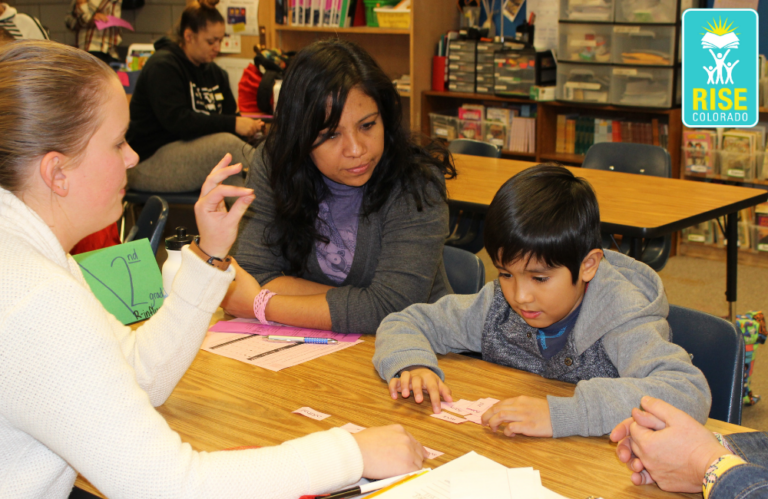
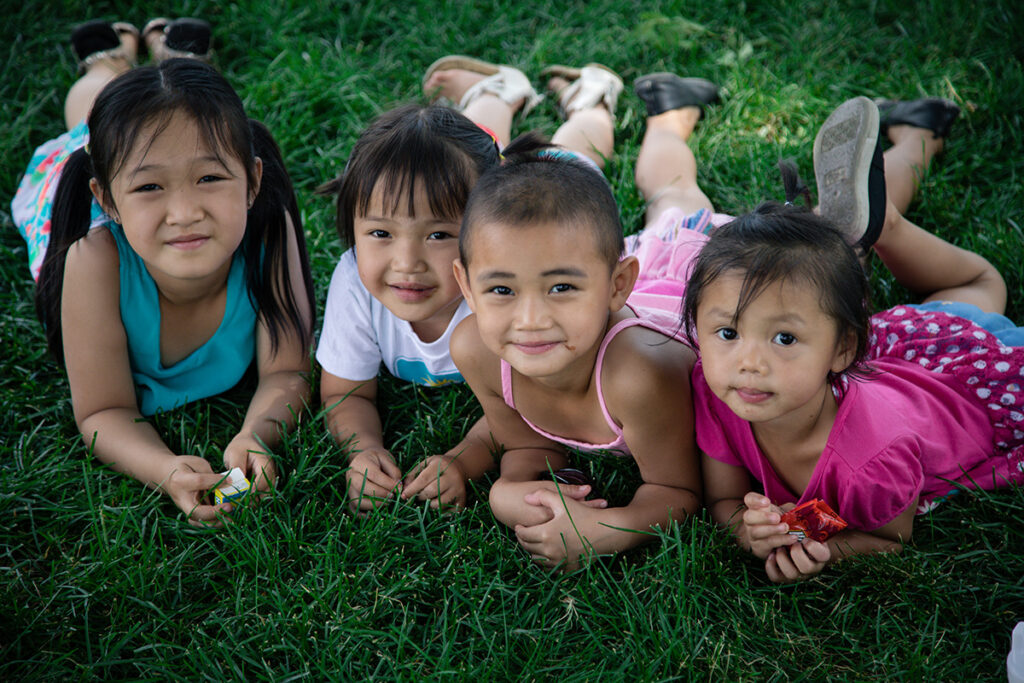
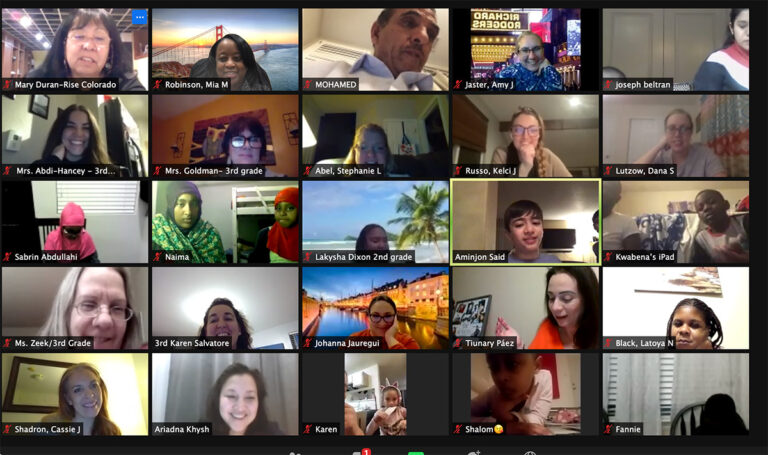
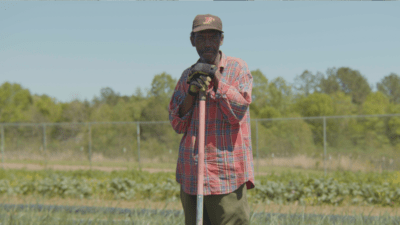
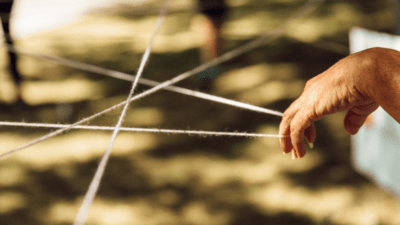
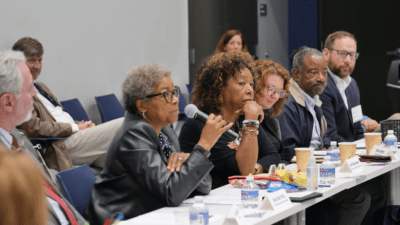
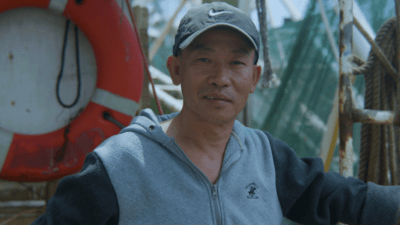


Comments